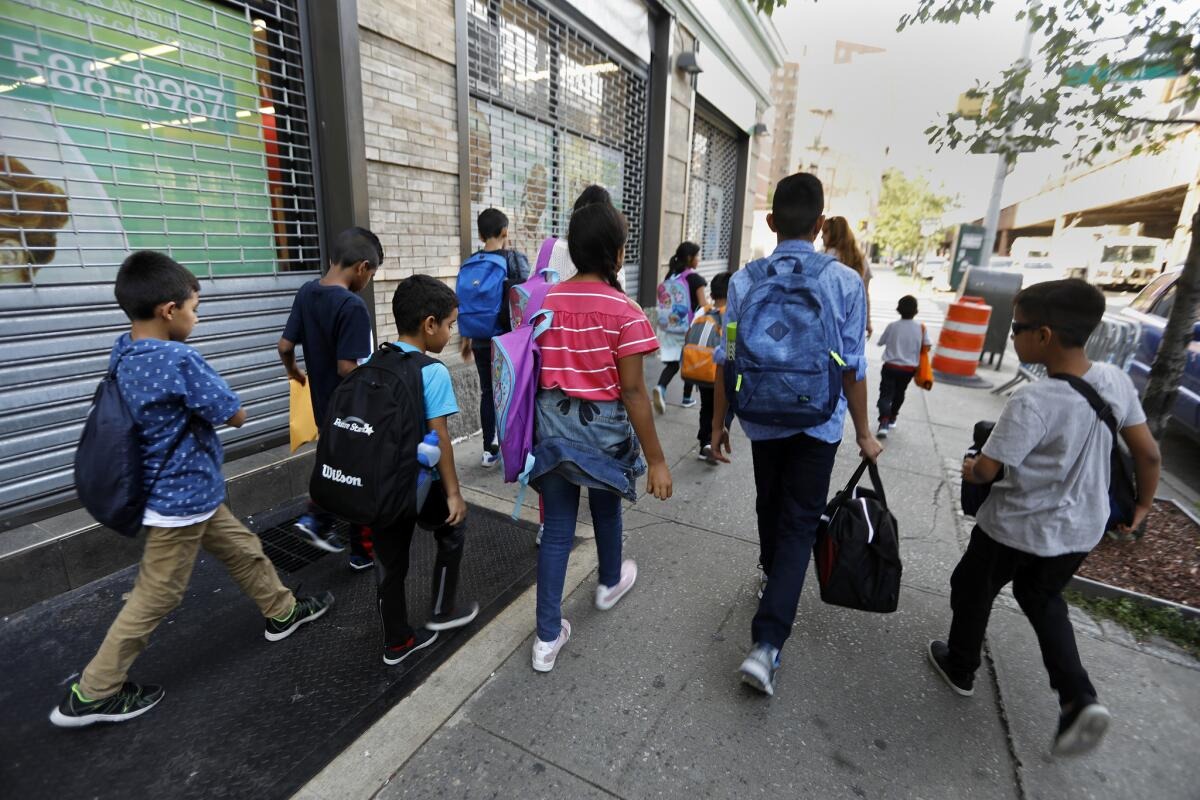The Department of Health and Human Services watchdog found deficiencies in how the agency screened individuals to whom unaccompanied migrant children were placed within the U.S. in 2021, as per a recent report.
Amid an unprecedented surge, over 300,000 children have entered the U.S. alone in the past three years, passing through the care of HHS’ Office of Refugee Resettlement (ORR) before being released to parents, relatives, or non-family sponsors nationwide.
Approximately two-thirds of these children are from Guatemala or Honduras. ORR is responsible for vetting potential sponsors before transferring children into their care.

Migrant (Credits: The New York Times)
Child advocates have expressed concerns that unaccompanied children with limited language skills and resources could be at risk of human trafficking or child labor.
Incidents of children being unlawfully employed have increased by 69% since 2018, according to the Labor Department.
The HHS inspector general examined a random subset of 342 cases from March and April 2021, a period during which nearly 17,000 migrant minors were released to sponsors.
They found that in 16% of the cases, one or more safety checks were not documented in the files. Additionally, for 19% of the cases, there were no results in the files regarding the outcome of various FBI fingerprint and child abuse and neglect safety checks.
In more than a third of the cases, IDs provided to ORR to verify sponsor identities were difficult to read or had incomplete images.
ORR is required to conduct a home study before placing any children with a nonrelative sponsor offering to sponsor multiple kids or who has sponsored other kids in the past. The IG found two examples where a mandatory home study did not occur.
In response to the report, the agency noted that auditors selected a subset of cases from “one of the most challenging periods in ORR’s history,” citing the historic number of unaccompanied children, the largest and fastest expansion of emergency capacity, and the height of the COVID-19 pandemic.
HHS spokesperson Jeff Nesbit stated that the agency has improved its vetting process since 2021 and implemented “new and updated policies that not only align with the report’s recommendations but go further.
And this includes dramatically expanding access to post-release services for children released from ORR, increased sponsor vetting, and increased coordination between HHS and Department of Labor to aggressively protect against any abuse.”























